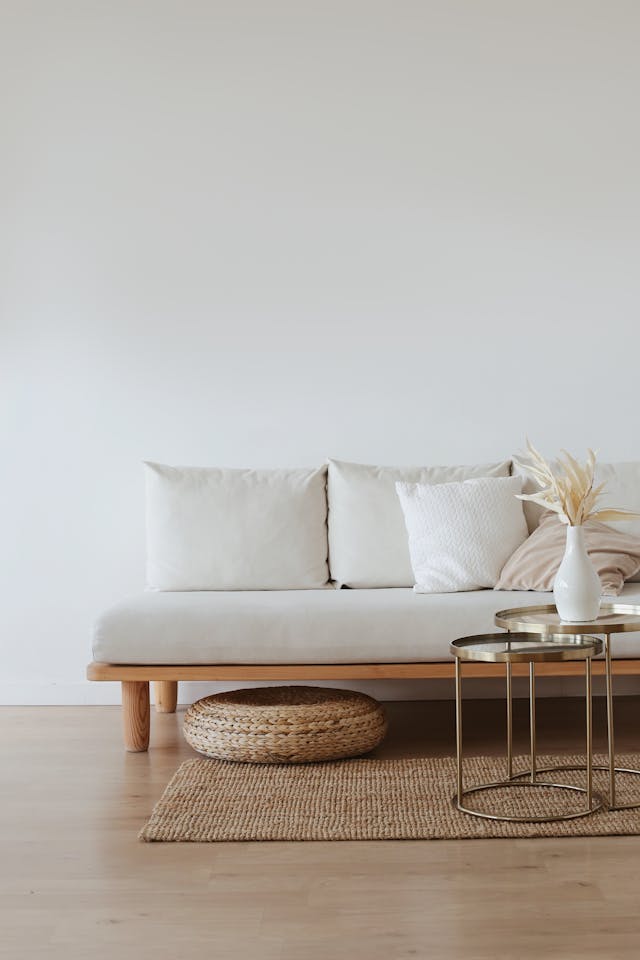Why You Should Consider Living a Minimalist Lifestyle
Living a minimalist lifestyle has several benefits that can enhance many aspects of your life. Reducing clutter and concentrating on what is important will help you feel less stressed, have more financial flexibility, and support a more sustainable environment. A more contented and gratifying way of living can be achieved by investigating the ideas of minimalism, whether your goal is to live more consciously or to get better clarity over your surroundings.
Comprehending Minimalism
You are probably wondering “What is minimalism?” A minimalist lifestyle emphasizes intentionality and simplicity. It entails making a conscious effort to clear clutter and concentrate on what counts. It’s about adopting the idea that less is more in terms of both material belongings and mentality. Our mental and physical environments become clearer and more purposeful when we clear clutter. This way of living promotes thoughtful consumerism and emphasizes life experiences rather than material belongings. In the end, minimalism is a path to a life of greater fulfillment, freedom, and intention.

Taking Out the Clutter and Stress
Simplifying your living space will help you live with less clutter and stress and promote mental health and clarity. Your physical space will become calmer and more conducive to concentration and productivity when it is decluttered. Giving up anything that isn’t necessary releases mental energy and lessens worry and overwhelms. A minimalist lifestyle pushes you to get rid of distractions and prioritize what’s important, which results in a more orderly and tranquil way of living. You can more easily navigate your environment and feel more content in your living space when there is less clutter.
Financial Autonomy
Using minimalism to achieve financial freedom requires spending and conserving with awareness. You can cut back on wasteful spending and give your financial objectives priority by adopting a minimalist lifestyle. Reducing non-essential spending enables you to devote more funds to investments and savings, which opens the door to long-term financial security.
Effect on the Environment
Acknowledging the advantages of reducing consumption and adopting a sustainable lifestyle is crucial when analyzing the environmental effects of minimalism. Minimalism helps protect natural resources and leaves a smaller ecological imprint by cutting back on waste and consumption. Recycling, upcycling, and mindful consumerism are examples of sustainable activities that can dramatically lessen environmental damage. Minimalism encourages good environmental care by emphasizing quality over quantity and limiting material belongings. You can lessen the environmental impact and work toward a more sustainable and healthy future for all by making thoughtful decisions in your daily life.
A Greater Emphasis on Experiences
Minimalism’s increased emphasis on experiences highlights the importance of deep connections and personal development over material belongings. Minimalism promotes a deeper sense of fulfillment and happiness by placing a higher value on experiences like spending time with loved ones or engaging in hobbies and interests. Relationships and general well-being are strengthened when time and effort are dedicated to experiences rather than material goods. People who practice minimalism are more inclined to look for possibilities for personal development and self-discovery, which results in a more rewarding and meaningful existence.
Improved Mental Health
By making life simpler, one can cultivate an inner sense of serenity and emotional equilibrium, which contributes to enhanced mental well-being through minimalism. A calm atmosphere that encourages relaxation and lowers stress is produced by minimalism, which involves clearing up our physical environments and minimizing mental disturbances. People can appreciate life’s small pleasures and find contentment in the here and now by practicing mindfulness and being in the present moment. By emphasizing self-care and giving joy and fulfillment to one’s activities, minimalism encourages people to prioritize their mental and emotional well-being.
Conclusion
You can have more financial freedom, less worry, and a deeper sense of fulfillment by streamlining your life and concentrating on the things that count. In addition to promoting thoughtful consumption, minimalism strengthens bonds with family and friends. Also, it encourages resource conservation and waste reduction, which support environmental sustainability. Taking up minimalism is a step towards living with more purpose and intention, which will enable you to design a more full and meaningful life for yourself.

